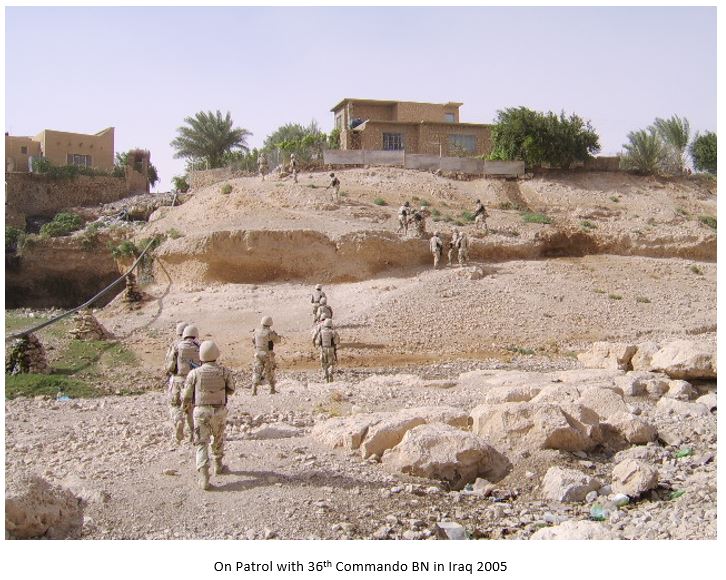It is no secret that the military has tried to move on from the current conflicts in Iraq and Afghanistan. I think we are working on the third president that has vowed to end the conflicts there but for various reasons we just can quit them. My very unscientific polling indicates that the support for these wars is pretty low with both current and former service members. With that, the Military in general in moving on focusing more on the new Great Power Competition. In response, The Modern War Institute has announced a new initiative on Irregular Warfare that will help ensure the lessons learned over the last 20 years are not memory holed. From their article:
On May 18, 2016, the satirical Duffel Blog reported with tongue firmly in cheek that “the Pentagon’s top spokesperson said he was ‘pretty sure’ the military could ditch the manual used for counterinsurgency, since it plans to fight all future wars against conventional armies that wear uniforms and use known tactics.” Several months later, the Army Times published a more serious article that the Army would be reducing training for counterinsurgency (COIN) to focus on preparing for large-scale combat operations (LSCO) against near-peer competitors. The Army Times article, and others like it, reflected the view that the return to great power competition presages a return to fighting major battles, or at least preparing to do so.
Jokes aside, they remind us that we have done this before following the Vietnam War to which general knowledge about Irregular Warfare was relegated to the Army’s Special Forces. The last 20 years have given us plenty of hard won lessons and the idea that irregular warfare will not play a large part in the coming great power competition is simply short sighted. I would argue that the vast majority conflict will be fought below the threshold of open conflict and The Modern War Institute seems to think so too:
But waxing nostalgic for the “good old days” of preparing to fight major combat operations is a fallacy. In practice, great power competition and irregular warfare have always been inextricably linked. Indeed, some scholars argue that international orders with two or more competing powers may be especially conducive to enduring small-scale conflicts between evenly matched forces.
This time around the stakes of disregarding IW may be even more severe than during and immediately after the Cold War. Threats from violent nonstate actors persist, but now great power rivals such as China and Russia are regularly competing in the gray zone that exists below the threshold of open armed conflict. Both competitors employ tactics in this space designed to attack the United States’ interests and coerce its partners. If history is any guide, this kind of competition will spill into irregular warfare, which will remain as important as ever. While Iraq and Afghanistan have with good reason reduced the national security community’s appetite for IW, future national security threats will require engaging in it.
And here is the announcement of their new initiative:
Coupled with major technological, demographic, and environmental shifts, the United States and its partners face a harder problem than during the Cold War. Hard problems require hard thinking from a wide variety of perspectives across all instruments of national power. The community needs a platform that can connect military and national security planners engaged in IW with scholarly research and critical thinking.
To help bridge this gap, the Empirical Studies of Conflict Project and the Modern War Institute at West Point are proud to announce the launch of the Irregular Warfare Initiative (IWI). IWI is designed to support the community of irregular warfare professionals, to include military and interagency practitioners, scholarly researchers, and policymakers, by providing a space for accessible, practically grounded discussions of irregular warfare policy and strategy….
…IWI will support three pillars of engagement. The first pillar will be IW-focused content, which will include both the Irregular Warfare Podcast and written content from contributors across the community of IW practitioners and researchers. The second pillar will take the form of interactive engagements, to include an annual conference focused on interdisciplinary collaboration. The final pillar will include an annual fellows program, providing the opportunity for a select number of professionals to engage in substantive examination of some of the most pressing IW challenges of the day. Through these vehicles, IWI intends to facilitate dialogue, provide access to new ideas, and support innovative approaches to addressing the contemporary strategic security environment.
Overall, I welcome the effort and definitely believe there is a place for it. I already subscribe to the podcast (you should too!!) and it is very well done. I definitely recommend that you read the entire article which you can find here. Hopefully, they will be able to have enough engagement within the ranks to make a difference, regardless, the effort should be supported and I look forward to following their work.

